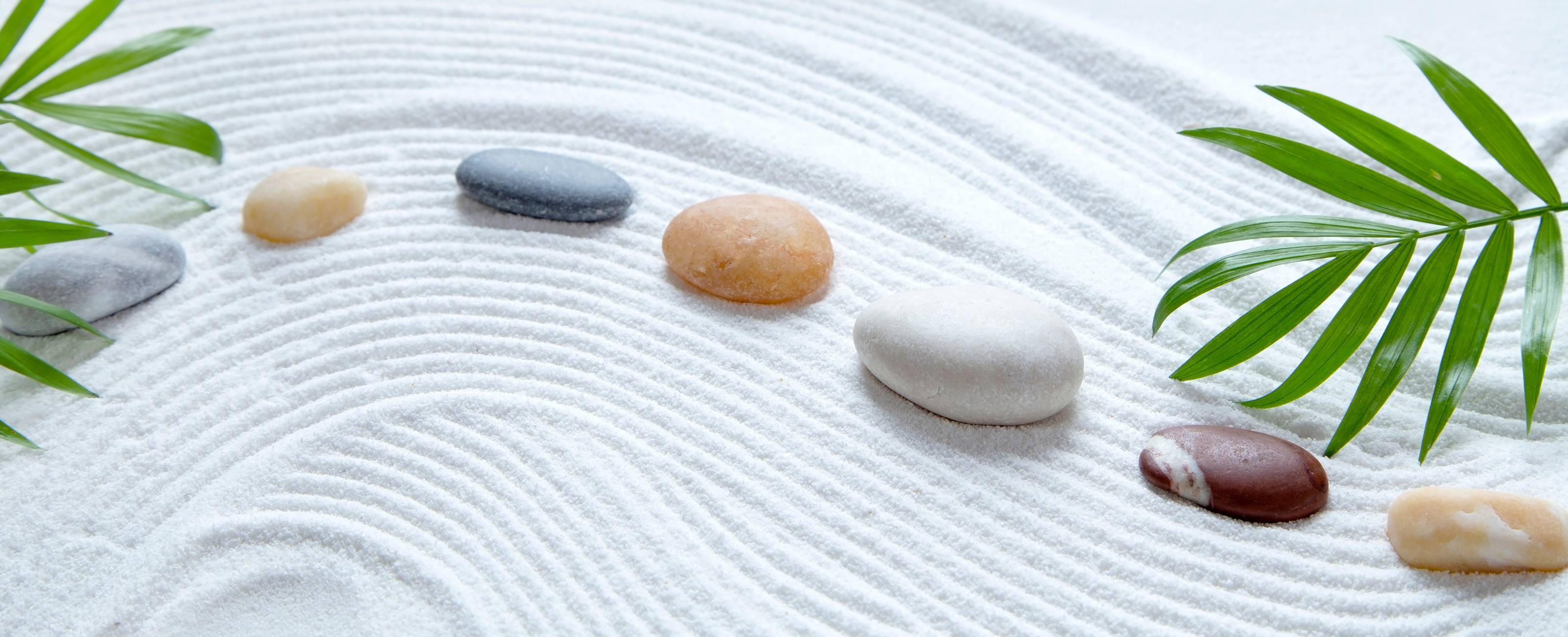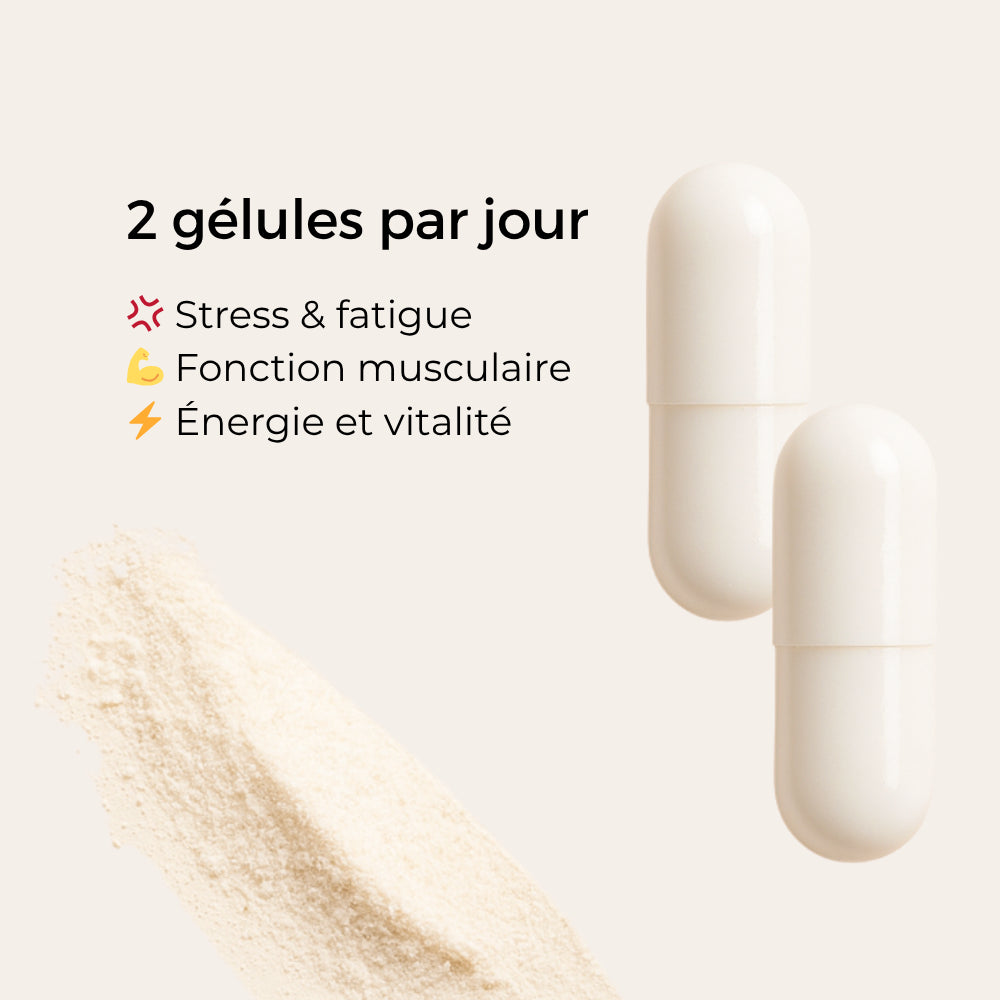
How to relax to sleep better?
In an age where the hectic pace of modern life disrupts our sleep, we need to learn how to relax more than ever to sleep better. This article guides you through the causes of insomnia, the influence of stress and diet on sleep, and presents natural methods and dietary supplements to improve your rest.
Understanding Insomnia
Have you ever spent sleepless nights tossing and turning in bed, unable to fall asleep? If so, you may have experienced insomnia. This sleep disorder is characterized by difficulty falling asleep or staying asleep long enough to wake up feeling rested.
To understand insomnia, it is essential to be aware of the factors that can cause it. These include:
- Stress: Daily worries and tensions can disrupt your nights.
- Anxiety: Chronic or temporary anxiety related to a specific event can lead to this sleep disorder.
- Depression: Insomnia can be an indicative sign of this psychological condition.
- Medical conditions: Certain illnesses or health-related conditions can disrupt the sleep cycle.
- Changes in environment or nighttime sleep patterns: Traveling or working shifts can throw your internal biological rhythm out of sync.
It's worth noting that these factors vary from person to person, and that different types of insomnia also exist. It's therefore crucial to discuss this with a healthcare professional if you think you may be affected.

Importance of diet on sleep
Having explored the complexity of insomnia, we'll now turn to diet. What you eat before bed has a significant impact on your sleep.
It is essential to avoid sugary and caffeinated foods, which excite the nervous system and make falling asleep difficult. Alcohol-containing beverages disrupt the sleep cycle.
Choose light meals for dinner. A meal that's too rich can cause digestive problems that can be detrimental to rest. Foods containing tryptophan, an amino acid that stimulates the production of melatonin—a sleep-regulating hormone—improve the quality of a night's rest. Bananas, eggs, and dairy products are rich in this compound.
Maintaining a regular mealtime helps your body regulate its circadian rhythm, making it easier to fall asleep.
In conclusion, a balanced diet that meets specific evening needs optimizes your nighttime sleep.
Influence of stress on sleep
Stress, omnipresent in our modern lives, has an undeniable influence on the quality of our sleep. It unbalances our bodies and can cause disturbances in nighttime rest such as insomnia or waking up in the middle of the night.
The cause is simple: when we experience stress, our bodies produce hormones like adrenaline and cortisol that keep us alert. These substances have the ability to delay the moment we fall asleep and affect the depth of sleep. Furthermore, the anxious thoughts that frequently accompany stress can also deprive us of the rest we need for a restful night's sleep.
To counteract the negative impacts of stress on sleep, various solutions are available. Regular physical exercise, for example, is an excellent way to release tension accumulated during the day and promotes faster sleep. Relaxation techniques such as meditation or deep breathing are effective at calming the mind and preparing the body for rest.
Creating an environment conducive to sleep is essential: a peaceful, dark bedroom at room temperature helps create the optimal conditions for restorative sleep.

Natural relaxation methods
Approaching sleep from a relaxation perspective can be key to improving its quality. Many natural techniques and stress-relieving activities are available and can be incorporated into a daily routine.
The first is the consistent practice of yoga. This ancient discipline helps calm the mind, relax muscles, and promote a state of tranquility conducive to rest. Stretching poses are especially recommended in the evening to prepare the body for sleep.
Meditation is also an effective way to relax before bed. It helps clear the mind of intrusive thoughts that can disrupt the sleep process. A 10-minute session can be enough to feel its positive impact on sleep.
Next, we recommend breathing techniques like cardiac coherence, which involves synchronizing your breathing with your heart rate. This simple exercise has calming effects on the nervous system and makes it easier to fall asleep.
Some herbs have relaxing qualities and can be ingested in the form of infusions or essential oils. Chamomile, valerian, and lavender are valued for their beneficial effects on sleep.
These various natural techniques constitute a set of tools accessible to all to promote restful sleep without resorting to medication. However, it is necessary to be consistent in their use to see their lasting effects on your sleep quality.
Creating a Zen environment for better sleep
After exploring the influence of stress on sleep and discovering various natural relaxation methods, we now turn to creating a Zen environment for better sleep quality. It's essential that your nighttime space be a sanctuary conducive to relaxation.
Start by prioritizing comfortable bedding. A quality mattress and appropriate pillows are essential for restful sleep. Additionally, opt for sheets made from natural fibers that allow your skin to breathe.
The choice of lighting is also essential. Soft, subdued lighting encourages relaxation and prepares your body for rest.
- Choose bulbs that give off a warm light rather than a cold light.
- Install blackout curtains to eliminate any external light sources.
- Ban screens before bedtime as they produce blue light that is harmful to sleep.
- Consider using a nightlight if you need minimal brightness to fall asleep.
It's also helpful to keep your bedroom cool. An overheated room can disrupt your nighttime sleep cycles. Don't hesitate to personalize your space with elements that calm you: pleasant images, vegetation, or objects that convey affection can help create a peaceful atmosphere.
Transforming your bedroom into a space dedicated to rest and relaxation is essential to promote quality sleep.
Natural food supplements for better sleep
In the quest for restful sleep, dietary supplements and natural products can play a significant role. These organic aids are frequently used to promote quality rest without the drawbacks typically associated with prescription medications.
Melatonin is one of the most well-known sleep aids. It's a hormone naturally produced by our bodies that controls our sleep cycle. By taking a melatonin supplement, we can help our bodies prepare for rest, especially if we're having trouble falling asleep.
Herbs such as passionflower and poppy have been used for centuries for their calming and relaxing benefits. They are available as herbal teas, sleep capsules, or gummies and can help relax the body before bed.
Magnesium is an essential mineral that has been linked to improved nighttime rest. It helps calm the nervous system by reducing the stress hormone cortisol, making it easier to fall asleep. Délicure offers a course of magnesium bisglycinate , a premium form of magnesium that benefits from high bioavailability and is gentle on the stomach.
It's important to remember that these supplements aren't a one-size-fits-all solution for all sleep disorders. Like all supplements, they should be part of an overall routine that promotes good sleep hygiene, including a balanced diet, regular exercise, and an environment conducive to rest.


























